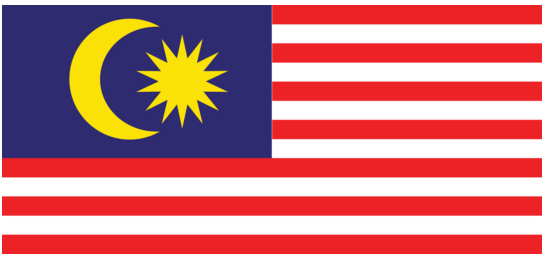
Malaysia’s Social Media Licensing Dilemma
Malaysia's Social Media Licensing Plan and Meta's Concerns: A Detailed Overview
Social media has become an integral part of modern communication and business. As platforms like Meta (formerly Facebook) expand their reach globally, different countries are introducing regulations to manage their influence and address concerns such as misinformation and cybercrime. Malaysia's latest regulatory push, its new social media licensing plan, has sparked considerable debate. Here, we explore the intricacies of the controversy surrounding this plan, especially from the perspective of Meta Platforms.
Context of the Regulation
On July 2023, Malaysia announced its plan for a social media licensing scheme to be implemented by January 2025. According to the government, this regulation aims to address the growing concerns of financial scams, cyberbullying, and sexual crimes online — issues exacerbated by the ease of content sharing on social media.
Under this scheme, any social media or messaging platform with a user base exceeding eight million must acquire a regulatory license. The Communications and Media Ministry argues that such measures are vital for ensuring online safety and security. Yet, this initiative has not been without its critics, the most prominent among them being Meta Platforms.
Meta's Concerns: Clarity and Speed
The principal concerns raised by Meta revolve around the lack of clarity and the rapid timeline for compliance. Rafael Frankel, Meta's director of public policy for Southeast Asia, has been vocal about these concerns. He argues that robust regulations typically undergo extensive iterations over years to ensure efficacy and fairness. In contrast, Malaysia's plan seems rushed — a mere year and a half from announcement to implementation.
Frankel emphasizes that without clear guidelines, social media companies like Meta are left navigating ambiguous waters, which can complicate compliance efforts and potentially lead to unintended breaches.
Implications for Digital Innovation
Meta's apprehension isn't limited to compliance challenges. There’s a broader concern regarding the potential impact on digital innovation in Malaysia. The Internet economy significantly relies on the open, innovative environment fostered by social media platforms. Overly restrictive and unclear regulations could stifle the creative and entrepreneurial spirit, hindering Malaysia's digital growth.
Frankel points out that Meta is committed to online safety, underscoring the company's efforts in this arena. However, he warns that the proposed licensing regime, due to its ambiguities, risks capping the pace and extent of digital economic advancements.
Government's Stance
Despite Meta's and other industry groups' opposition, the Malaysian government remains firm. The Communications Minister, Fahmi Fadzil, has reiterated that regulations are non-negotiable for companies wanting to operate within Malaysia. The Minister recognizes Meta’s concerns but insists that adherence to local laws is paramount.
Interestingly, Minister Fadzil also acknowledged ongoing cooperation with Meta. The tech giant is already working with Malaysia's communications regulator to streamline processes for removing or restricting harmful content.
Ongoing Collaboration and Future Steps
Meta’s willingness to collaborate extends beyond compliance. The company is eager to continue discussions with the Malaysian government to resolve existing differences. Such collaborations are crucial for creating balanced regulations that protect citizens while promoting digital progress.
On the governmental front, Malaysia has identified critical areas needing attention — online gambling, scams, child exploitation, cyberbullying, and sensitive content related to race, religion, and royalty. The authorities are pressing social media companies to enhance content monitoring systems to curtail these activities.
Conclusion
In conclusion, Malaysia's social media licensing plan highlights a crucial junction between necessary regulation and potential overreach. While the government's intent to create a safer online space is clear, achieving a balance that doesn't hinder innovation is equally essential. As January 2025 approaches, the dialogue between Malaysia and platforms like Meta will be pivotal in shaping the future of social media regulation — not just in Malaysia, but potentially influencing broader regional policies.
co-Founder of Pongo
 English
English 



